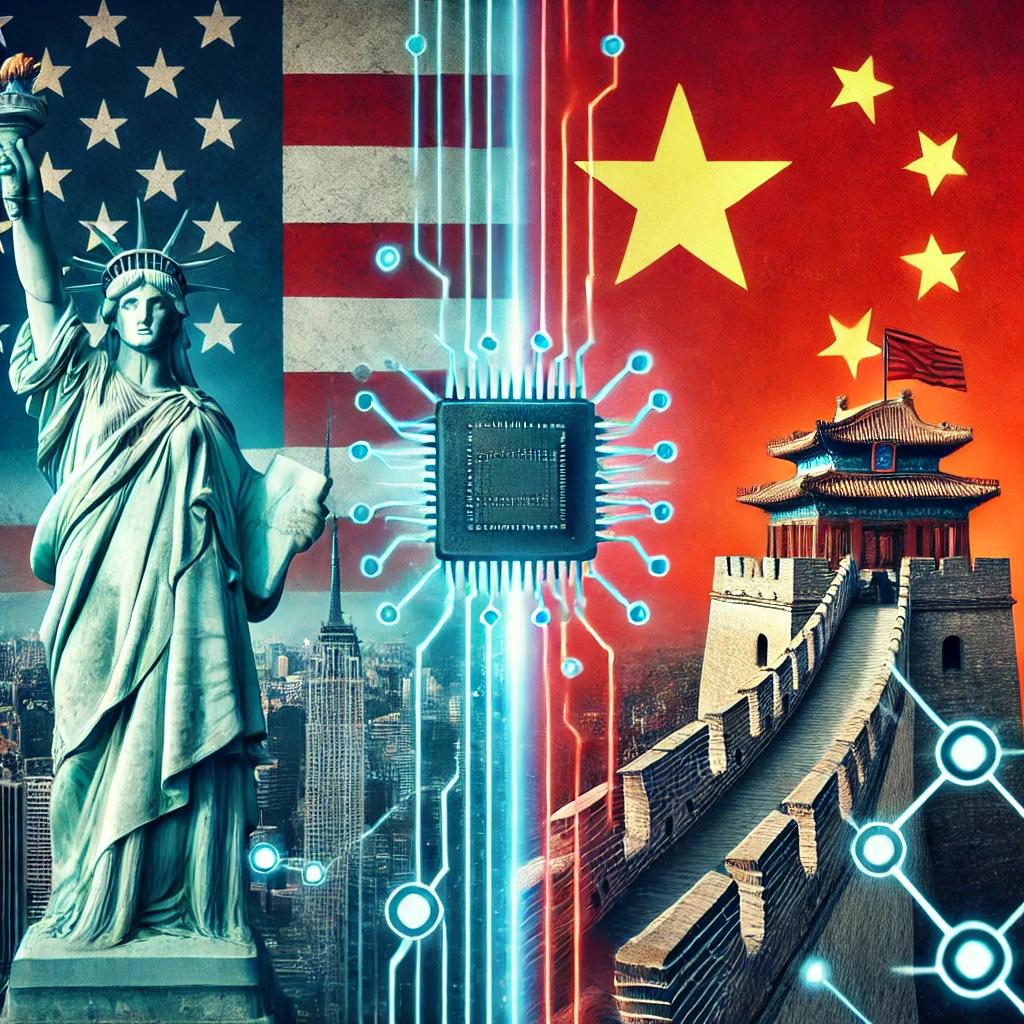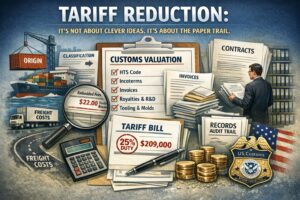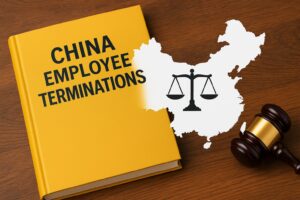Is China Winning the AI Race?
As lawyers, we spend a lot of time fielding good, bad, weird, interesting, deep, superficial, and all types of other questions from people. We’re generally expected to be oracle-level wizards, a lot like people are treating AI now. In this series, we’ll share some of these questions that people ask us, along with our answers.
1. Quick Question and Answer
Question. I know that the US and other countries have made great progress in artificial intelligence (AI), but I feel like I have been reading a lot that China is catching up. Is that true? Is China winning the AI race?
Short Answer. China has made significant strides in artificial intelligence (AI) development on the back of government policies and private sector investments. Its key developments compare favorably with other AI pioneering nations. But this progress and potential must be taken in the context of China’s complex entrepreneurial, regulatory environment, and social environment.
2. Key Government Initiatives and Policies.
Made in China 2025: Although this looks like it will be published in 2025, it was introduced in 2015. By 2025, China aims to become 70% self-sufficient in high-tech industries, including AI. By 2049, the 100th anniversary of the founding of the People’s Republic of China, the CCP wants China to have a dominant position in all of the markets indicated in the plan.
China introduced its New Generation Artificial Intelligence Development Plan in 2017. This plan aims to make China a global AI leader by 2030, with interim stages to match, lead, and eventually dominate in AI technology. This additional insertion in 2017 along the way to fulfilling the Made in China 2025 Plan makes sense. AI is an accelerator that will help increase the pace at which China’s other industries can grow.
3. Key Private Sector Contributions.
Although “private sector” is a bit of a misnomer in China’s planned economy, some key tech companies have made significant contributions to date:
Baidu is approximately China’s Google equivalent. It developed the ERNIE Bot, a language model comparable to OpenAI’s GPT-4. Baidu’s other projects include cloud computing, autonomous vehicles, smart devices, and AI content creation.
ByteDance (TikTok’s parent company) and Alibaba (approximately China’s Amazon equivalent) are leading in generative AI patents and applications, with significant investments in AI research and development.
4. Generative AI Patents.
China leads the world in generative AI patents, with over 38,000 filings between 2014 and 2023, compared to the U.S.’s 6,276. This shows one public aspect of China’s rapid advancements in generative AI technologies.
This increase in patents does not in itself mean China is winning the AI race. The CCP incentivizes both entrepreneurs and bureaucrats, and patents are one of the significant metrics used. This rapid increase has coincided nicely with China’s admittance into the World Trade Organization (WTO) in 2001, with a significant spike coinciding with the launch of the Made in China 2025 plan and continuing today.
5. AI Applications in Various Sectors.
The correct application of AI in China has the potential to transform industries rapidly.
Healthcare: AI is used for early disease detection and personalized treatment plans, with companies like Ping An Healthcare leading the way. This has significant ramifications for China’s rapidly aging population.
Transportation: Companies like DiDi and Baidu’s Apollo project are advancing in ride-sharing optimizations and autonomous vehicles, respectively. These advancements could help alleviate urban China’s traffic woes and help with the orderly and efficient distribution of both people and goods. This would better link China’s urban and rural areas.
Education: AI-powered personalized learning platforms and tutoring systems are enhancing educational experiences. If properly deployed, these could lead to closing some of China’s significant educational gaps between urban and rural students.
6. Regulatory Environment.
China has implemented strict regulations that impact the AI industry and industries utilizing AI. These relatively nascent laws include the Personal Information Protection Law and the Data Security Law, both of which affect data access and usage for AI models.
And on top of these is the ominous National Security Law, whose presence continues to swell and loom large in the backdrop of every personal and professional conversation. This contrasts with the U.S. and other nations, where AI development is more open and regulations less rigorous.
7. Geopolitical Challenges.
U.S. restrictions on advanced semiconductors have impacted China’s AI development but not as fatally as U.S. lawmakers and regulators have hoped.
8. Social Impact.
Each of these advancements carries potentially significant negative social impacts. This is true for virtually every nation, but the CCP in particular must get this right. On one hand, it must balance this incredible technology’s capabilities to capture efficiencies in an inefficient market. On the other hand, it must simultaneously unlock both the education potential and the creativity of the Chinese people. And it must do all of this while maintaining economic growth and social order.
Conclusion
In conclusion, China’s advancements in AI are undeniably impressive, marked by ambitious government policies, significant contributions from China’s tech darlings, and a staggering number of patents. However, this progress is intertwined with complex regulatory, social, and geopolitical challenges that could easily influence the trajectory of its AI leadership. While China has positioned itself as a formidable contender in the global AI race, the outcome remains uncertain, hinging on how effectively it navigates these challenges. For its decades of experience, the CCP does not have a consistent track record for managing all of these priorities simultaneously. As we continue to observe China’s AI journey, the broader implications for the global tech landscape will be profound and far-reaching. Whether China wins the AI race may depend on how much the CCP itself will lean into utilizing AI.
For more reading, see:
Repeat After Me: ChatGPT is Not My Attorney
Reformulating Your IP Strategy for Manufacturing Beyond China

























